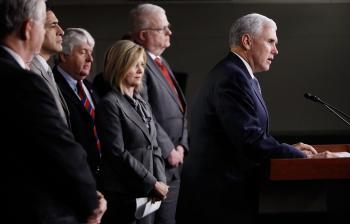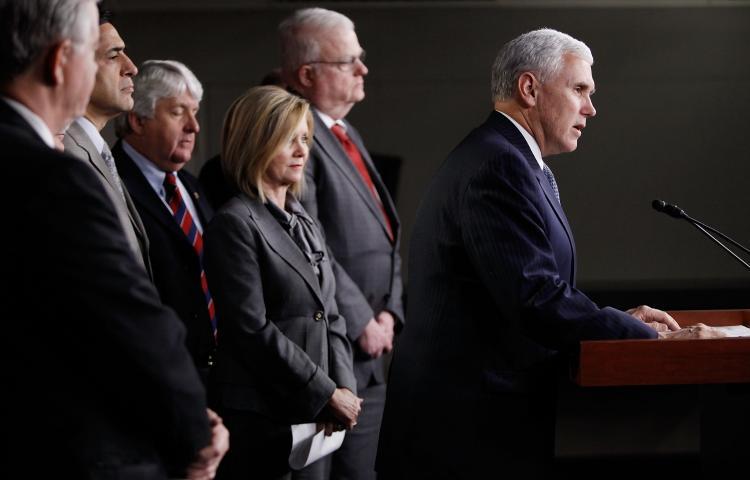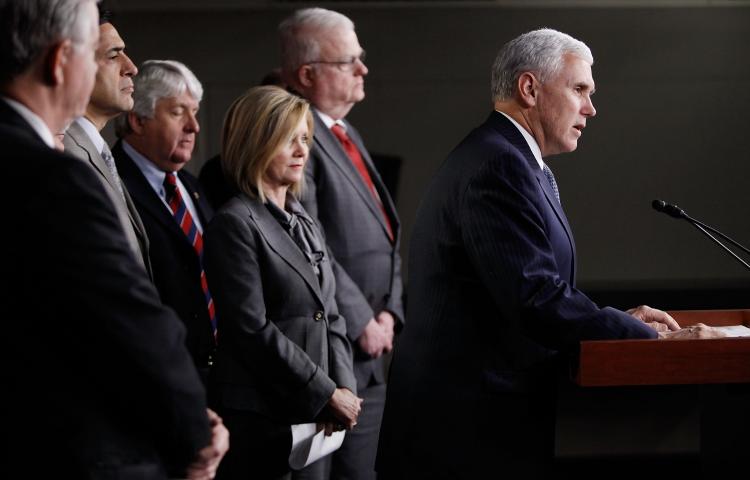Global warming skeptics around the world are applauding the release of leaked computer files in a bombshell that is being called the greatest scandal in modern science.
The hundreds of private emails sent to and from the Climatic Research Unit (CRU) at the University of East Anglia in Britain show what some claim is a systematic attempt to fudge the facts by top climate change scientists.
CRU is a leader in the field of climate change research whose findings are used by such bodies as the National Oceanic and Atmospheric Administration and the U.N. Intergovernmental Panel on Climate Change (IPCC), which says global warming is a threat to humanity.
Leaked online by either a whistleblower or an outside hacker just weeks before the Copenhagen climate summit which began on Monday, claims have been made that the emails and other documents show scientists manipulated the data in order to validate their stance that global warming is caused by human activity.
‘Climategate’ Emails Raise Charges of Deception
Global warming skeptics around the world are applauding the release of leaked computer files.

House Republican Conference Chairman Mike Pence speaks at a news conference on the Climategate scandal, energy issues, and President Obama's trip to Copenhagen, in Washington D.C. on Dec. 8. Chip Somodevilla/Getty Images

Joan Delaney
Senior Editor, Canadian Edition
|Updated:





